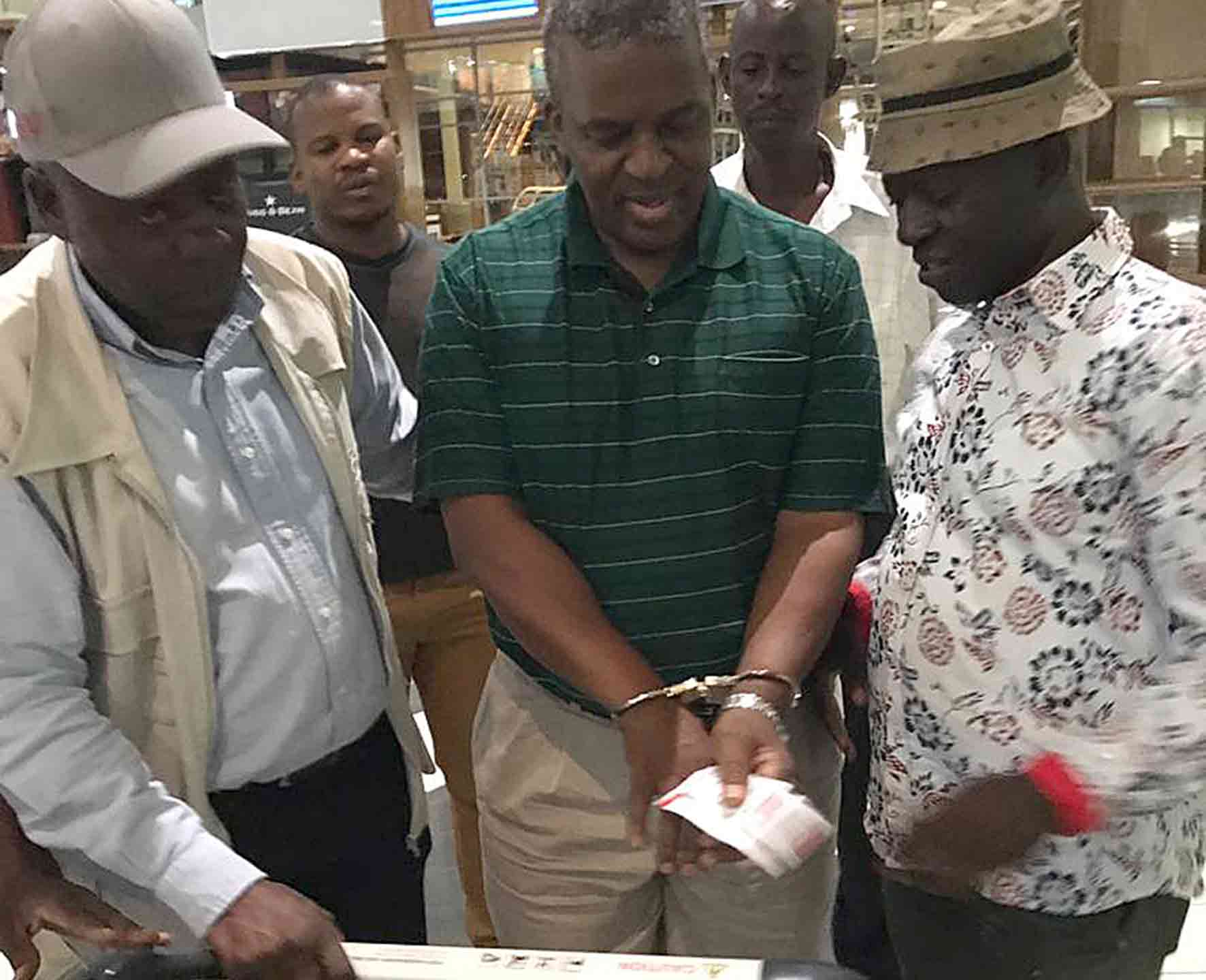“I am going to topple the government” -Isaac Kgosi
OLOPENG RABASIMANE
On January 7, 2019, news filtered around world media that Lieutenant Kelly Ondo Obiang and a handful of soldiers have hijacked state-owned radio station announcing seizure of power from Gabon’s President, Ali Bongo Ondimba. However, the wannabe plotters met their demise even before they could roll out the first phase of their plan. Two were shot dead and some arrested. The usual price for a failed coup. In any failed putsch, it is always better to be dead than captured. One good friend of mine, Naunihal Singh in his book, Seizing Power: The Strategic Logic of Military Coups, warns that a coup détat, is a political kamikaze where failure is not an option. In the book which is acclaimed as must-read for coup plotters, he further cautions that if one sets out to topple government, they must also consider wearing a suicide-vest, just in case the plot gets thwarted. The price of botched putsch, is sky-rocket high. However, despite the Gabon escapade, coup drums continue to beat on the African continent in 2019.
Upon his recent arrest, the former director general of Directorate of Intelligence and Security Services (DIS), Isaac Kgosi, spewed obscenities, and openly threatened to overthrow the state. The statement has since generated public consternation, although Kgosi’s lawyer has relegated it to “a flight of the hyperbole.” However, in the context of the current political and security turbulence, where uncertainty and insecurity dominates public psyche, it would be treasonous on the part of state to buy into such simplistic interpretations. As thus, the interpretation of the statement has to take into account the following variables; strategic environment, social, political and informational capital, Kgosi may have accrued as former spy-chief and access to coercive instruments (weapons, ammunition, fighters and external support). In threat analysis, capability informs intention, hence it is incumbent upon state security agencies to microscopically examine Kgosi’s threat and where possible, neutralise it. However, in the interest of justice, Kgosi deserves a fair chance in the courts of law to give a non-treasonous interpretation of, “I am going to topple the government”.
Contrary to popular perception, a coup is not an event, it is a process. It entails plotters being to meticulously plan and organise the takeover of the state without raising alarm. The coup succeeds if its opponents fail to dislodge the plotters, allowing them to consolidate their position, obtain the surrender or compliance of the populace and armed forces, and claim legitimacy. Toppling government relies on three things, secrecy, speed and element surprise. Therefore, it would be grossly negligent of state security apparatus to relegate Kgosi’s words into a sick joke without thorough probe. More so that, these words were not uttered by Mojamaica just for example. They come from a man who was trusted with national security and state secrets.
As former chief-spy, he was tasked with VIP protection, including security detail of the President. He was also responsible for national key points and other critical infrastructure. As such he would be aware of their strengths and vulnerabilities. I am specifically mentioning Presidential security and state infrastructure because any successful coup at tactical level is premised on two things; achieving a shock-effect on the state and seize-and-dominate key infrastructure. The spectacle of a leader fleeing a country and seeking asylum abroad is usually a sign of the coup’s success. Taken in the context of the ongoing political tension between former President Ian Khama and his successor, President Mokgweetsi Masisi, Kgosi’s words does not only serve as keg powder, but may also be interpreted as a strategic ambition of Khama and his supporters to topple Masisi.

